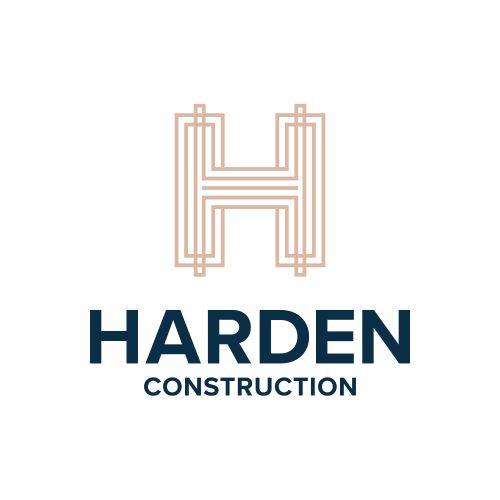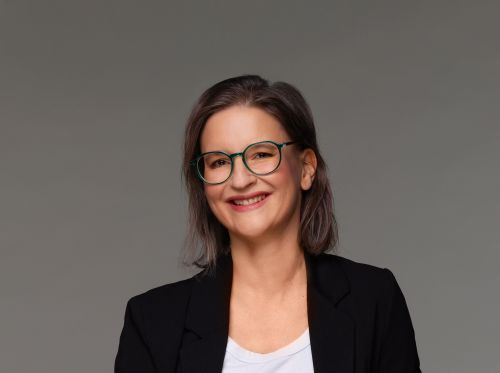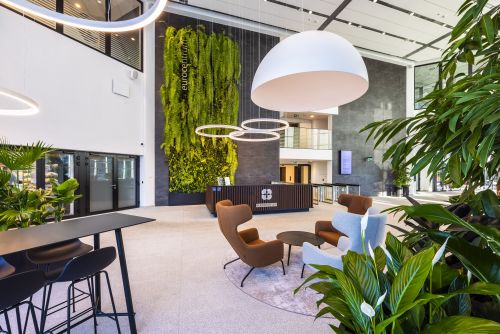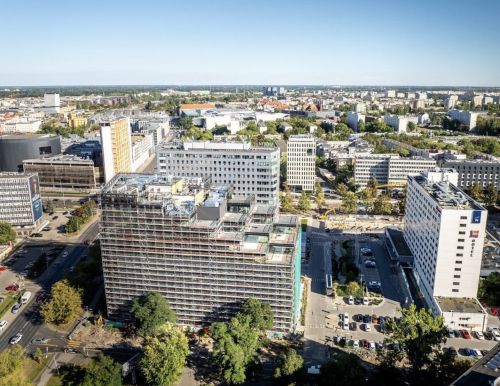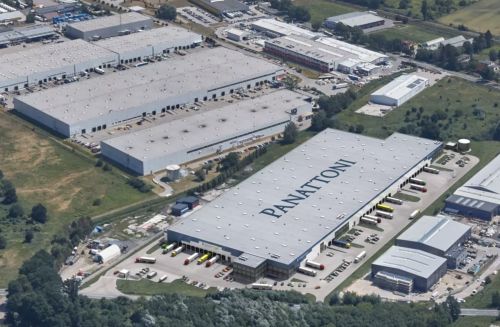The pharmaceutical market in Poland has been growing steadily year by year. According to the Pharmaceutical Market report published by Market hub in May 2022, it is the largest market in Central Europe and the sixth largest in the European Union. The Polish pharmaceutical industry, which is centred mainly on producers of generic and bio-substitutes, generates a gross domestic product of EUR 7.3 bln (app. PLN 32 bln), which makes up 1.33 pct of the Polish GDP. In 2021, the value of the pharmaceutical distribution of drugs and pharmaceuticals supplied to patients came to PLN 56 bln gross, representing an increase of 8 pct annually. In 2021, the import of pharmaceuticals (including medicines, human blood, cotton wool, bandages and organs) amounted to USD 335 mln – 17 pct more than the previous year, moving Poland into 18th place globally, while exports over this period came to more than USD 317 mln, putting Poland into 22nd place. But the logistics and storage processes required for






















